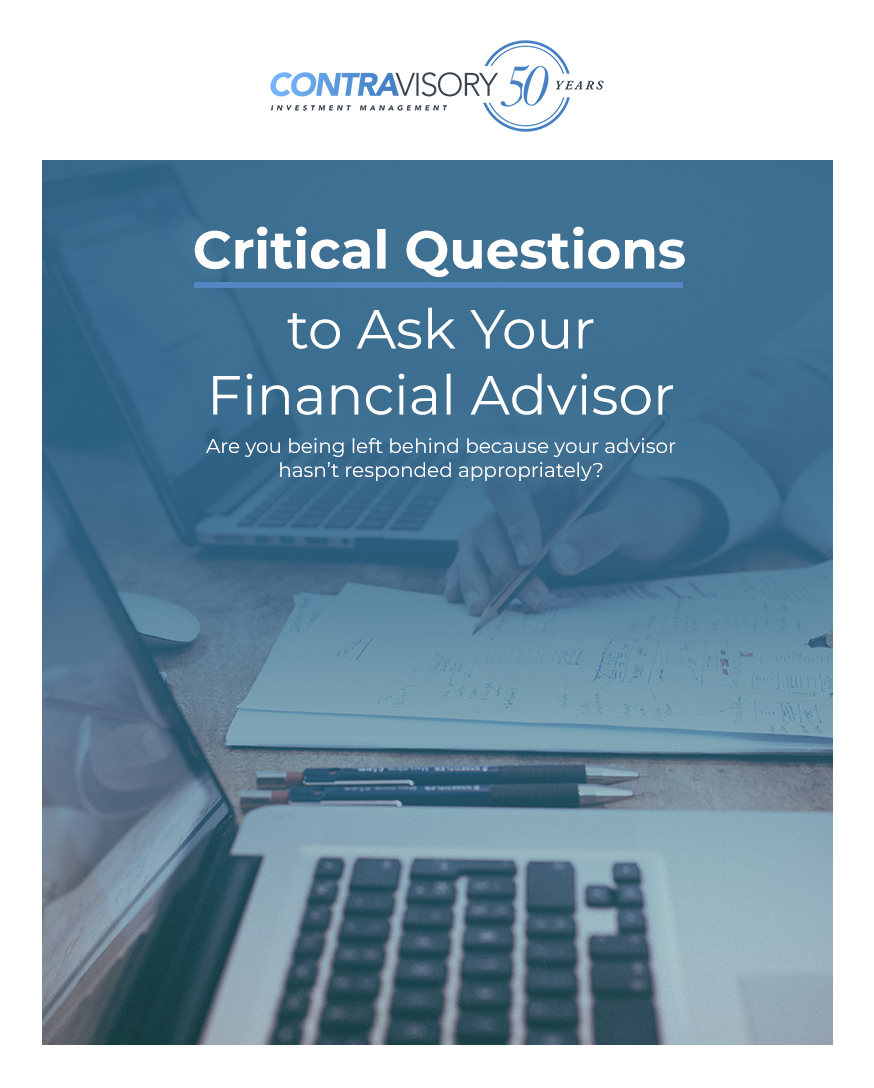
If we could choose a genetic gift, most of us would probably choose to be a creative genius. To be someone such as Elon Musk or Michelangelo would be perfect. Or at least, we think it would be. Who could not be happy creating something that didn’t exist before? Unfortunately, this “gift “often comes with a heavy emotional price. Creative people often experience addiction and depression issues. But are these issues the cause of creativity or the result? It’s not unlike the Alzheimer debate. Is white amyloidal plaque the cause… or the result of Alzheimer? Much as in Alzheimer, if addiction and depression are not the source of genius, they are at least the result of genius.
The author, Stephen King, in his book “On Writing” tells of the time he received a new book from his publisher. He had gone outside his house to empty a trash barrel. One that he specifically kept in his writing room for empty beer cans. On the way back to the house, he opened his mailbox. There, wrapped in a package from his publisher, was a book he could not remember writing. King sat down on his front steps and read “Cujo” for the first time. The book would become a major success for him.
Ernest Hemingway, in “A Movable Feast,” wrote that when he lived in Paris, he would write just three hours a day. That was as much time as he could stay creatively focused. Only then would he go out and drink with his new friend, F. Scott Fitzgerald. They had met in a bar. Fitzgerald, on the other hand, would drink and then write. I vividly recall a comment Hemingway wrote in his book (it was really a diary) about their friendship while in Paris. “I got another unintelligible letter this morning from Scott.” Keep in mind, he wrote this about someone who would become one of the greatest writers in American literature. Yet, Fitzgerald was able to write just four complete novels in his lifetime. And in the end, Hemingway shot himself in the head. Depression.
Depression and addiction’s relationship with creativity came to mind because of the recent publicity surrounding Elon Musk. At first it was sleeping on the Tesla factory floor. Then he was taking the company private. Then he wasn’t. More recently, he appeared on a podcast smoking pot and drinking whiskey. He is held to a higher standard than most because so many people are financially dependent on him. To create one company in a lifetime is an extraordinary achievement. Musk has done it seven times. It’s pressure he readily admits experiencing. In a tweet this past summer, he raised the issue of possibly being bipolar. “The reality is great highs, terrible lows and unrelenting stress.” In another tweet, “If you buy a ticket to hell, it isn’t fair to blame hell … I’m sure there are better answers than what I do, which is to take the pain and make sure you really care about what you’re doing.”
Musk was partially the inspiration for the character Tony Stark, played by Robert Downey Jr., in the movie “Iron Man.” Stark is a billionaire industrialist who is a genius inventor. I think of Musk more as the hero, Achilles, in the Greek epic Iliad based on the Trojan War. Achilles sought a short but glorious life. But then the “Gift” may control the outcome of his life more than he does.
-Francis Patrick Boland
Request Your Free Guide
Ensure your advisor is responding properly to changing market conditions.



